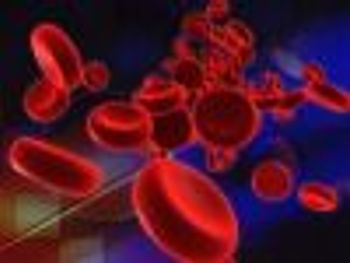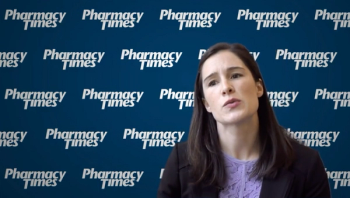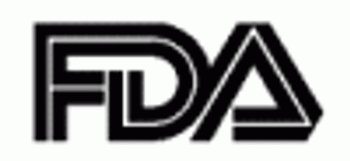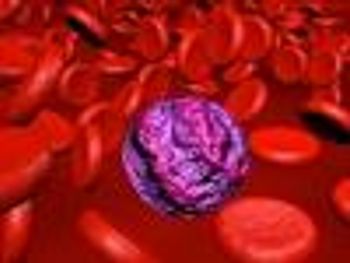
In a Specialty Pharmacy Times® Practice Pearls video series, expert panelists convened to discuss the challenges and best practices for dispensing multiple myeloma medications.

In a Specialty Pharmacy Times® Practice Pearls video series, expert panelists convened to discuss the challenges and best practices for dispensing multiple myeloma medications.

Treatment with tagraxofusp yielded high response rates in patients with blastic plasmacytoid dendritic cell neoplasm.

A certain type of DNA rearrangement that is rarely tested for may be a predictor of prognosis in multiple myeloma.

Since the growth of specialty pharmacies, genetically acquired bleeding disorders such as von Willebrand disease (VWD) have been among the most common conditions addressed at these practice locations.

In this clip from the Hematology/Oncology Pharmacy Association, Alison Duffy, PharmD, BCOP, from the University of Maryland Greenbaum Comprehensive Cancer Center, shares important considerations in treating Chronic Lymphocytic Leukemia in patients.

The daratumumab (Darzalex) combination therapy would be the first for use in the frontline setting for transplant-eligible patients with multiple myeloma.

Interim phase 3 trial results showed an increased risk of death for patients receiving venetoclax for multiple myeloma.

Celgene Corporation’s lenalidomide (Revlimid) is a targeted therapy that stops the growth of myeloma cells in the bone marrow.

The latest sBLA is based on a phase 3 study evaluating the daratumumab combination regimen for newly-diagnosed patients with multiple myeloma who are ineligible for transplantation.

Phase 3 trial evaluating isatuximab in combination with standard of care met the primary endpoint of prolonging progression-free survival.

Daratumumab was first approved in November 2015 as the first and only CD38-directed antibody for the treatment of patients with multiple myeloma who have received at least 3 prior lines of therapy, including a proteasome inhibitor (PI) and an immunomodulatory agent, or who are double refractory to both.

The new approval allows for daratumumab (Darzalex) to be administered as a split infusion over 2 consecutive days.

Researchers at University of Texas Health Science Center at San Antonio studied 28,000 childhood cancer survivors to determine similarities in long-term effects for various chemotherapies.

Two recent studies analyzed factors that impacted response to therapy in patients with multiple myeloma.

The FDA has approved tagraxofusp-erzs (Elzonris, Stemline Therapeutics) infusion for the treatment of blastic plasmacytoid dendritic cell neoplasm (BPDCN) in adults and in pediatric patients, aged 2 years and older.

A phase 2 study demonstrated promising response rates and overall survival in patients with acute myeloid leukemia who were treated with azacitidine plus nivolumab.

Leukemia is a type of cancer that affects blood cell formation and the lymphatic system. It can be classified by cell type, lymphoid or myeloid, and the rate of progression, acute or chronic.

The drug’s application was designated for fast track and priority review, as well as orphan product status.

Top news of the week from Specialty Pharmacy Times.

Elotuzumab (Empliciti) with pomalidomide and dexamethasone (Pd) is the first triplet combination to be approved based on a randomized clinical trial using Pd as a comparator.

Officials with the FDA have approved elotuzumab (Empliciti) injection for intravenous use in combination with pomalidomide and dexamethasone for the treatment of certain patients with relapsed or refractory multiple myeloma.

A look at last week's top stories in the world of pharmacy.

Top news of the week from Specialty Pharmacy Times.

Top news of the day from across the health care landscape.

Latest approval for carfilzomib offers a more convenient dosing option for patients with multiple myeloma.